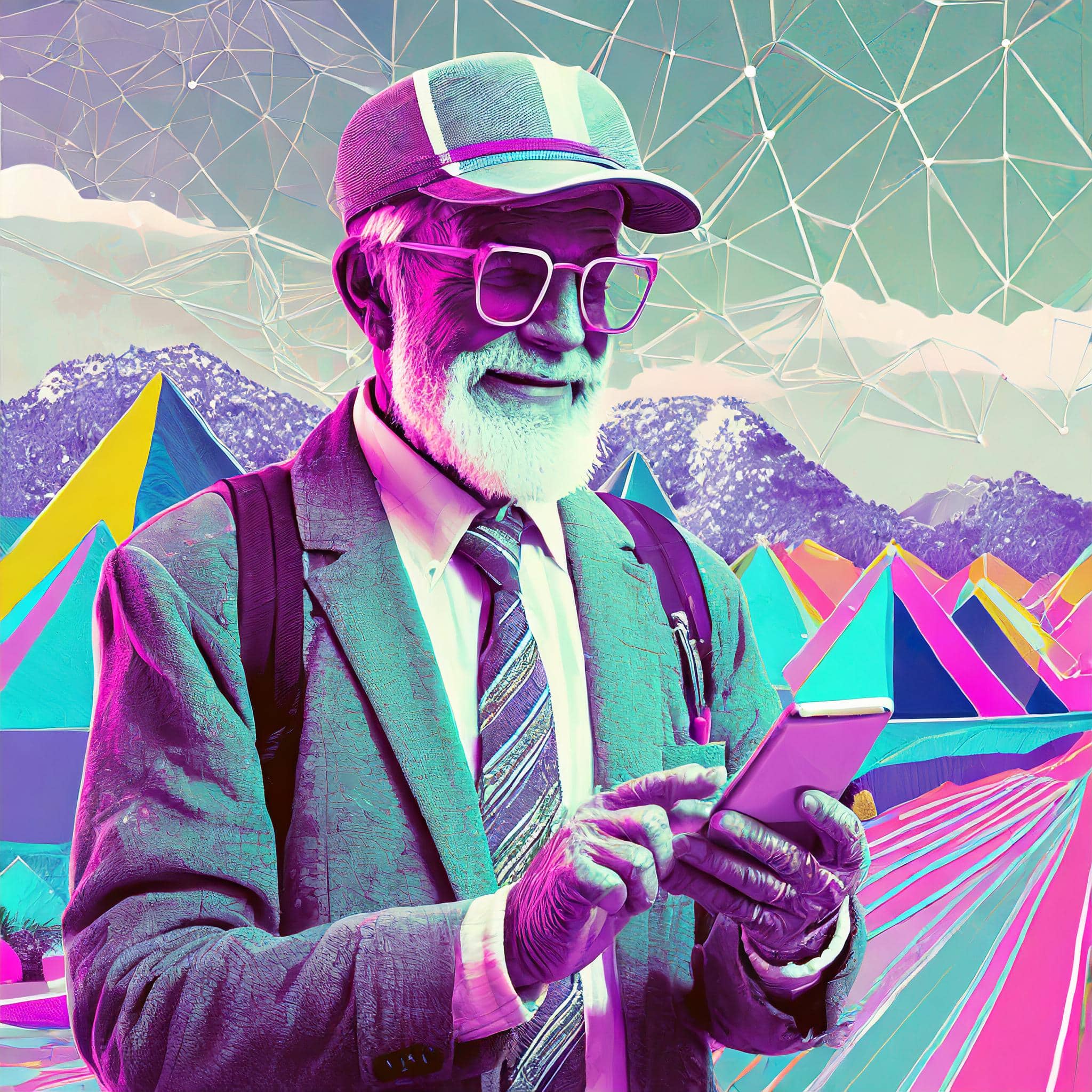"We must deliver more welfare with fewer resources." This statement has become a mantra in discussions about digital welfare and the future of Swedish welfare, and it is a message we will continue to hear. The reason? A growing population presents us with significant challenges. With more citizen comes an increased need for public services, creating a situation where we need to think in new ways to maximize the efficiency and productivity of our welfare delivery - all this under the assumption that we have fewer resources than before. But are we really helpless in the face of this challenge? Absolutely not. Rather, the question is how we can turn this challenge into an opportunity through digital transformation in the public sector.
Digital Transformation for more efficient welfare services
First of all, a redefinition of welfare and its delivery must take place. This means not only doing more with less, but also doing it better and more efficiently. By introducing and applying digital technologies and process automation, we can reduce the administrative burden and thereby redirect resources to direct welfare work. This digital transformation enables a more efficient use of resources and offers new ways of providing services, which is critical for smart solutions for municipalities.
Improving citizen services through digital platforms
The automation of routine and administrative processes is a significant factor in the welfare sector, where valuable time can be reallocated from manual work to meaningful human interactions and value-adding work. This shift means not only increasing efficiency, but also raising the quality of the services we offer.
We are already seeing how municipalities citizen are benefiting from digital solutions such as self-service. From booking doctor's appointments online, to applying for building permits digitally, to handling applications for hospitality licenses, these platforms offer a flexibility that meets citizens' needs. By making services available digitally, residents can efficiently manage their affairs on their own terms, which not only improves the service experience but also reduces the workload of municipal staff.
Managing fragmentation of services and systems
Despite the obvious benefits of digitalization, many municipalities face challenges in implementing these systems internally. Although e-services offer an outward ease to the citizen, many processes are still handled manually by municipal administrators. These disjointed processes and lack of full automation mean that potential efficiency gains are not yet fully realized. In addition to this, several municipalities face another challenge in the form of fragmentation of systems and solutions across different administrations. This fragmentation creates confusion for citizens, but also administrators and staff who struggle to navigate through different platforms and follow up on cases and dialogues effectively. A concerted effort to standardize digital services and create a more consistent user experience is essential to overcome these obstacles.
Creating a culture of innovation and collaboration
There is a large pool of people and companies with knowledge and smart solutions around our country. We believe we need to do this together. A culture of innovation and collaboration is key to realizing this vision. It requires a break from traditional ways of working and a willingness to explore new ways of working. Municipalities need to work across departments and with external partners to share knowledge, ideas and resources. By fostering an open and collaborative climate, we can find sustainable solutions to the challenges facing welfare.
As we move forward, it is clear that digitalization and automation are not just tools for efficiency, but the foundations for a new era in Swedish welfare. By embracing these changes, we can ensure a future where the quality of welfare services is not only maintained but improved, despite limited resources. It is a journey we take together - a journey towards a more accessible, fair and sustainable welfare for all.
#smartwelfare
#digitalwelfare
#digitization
#futurewelfare
#automation

